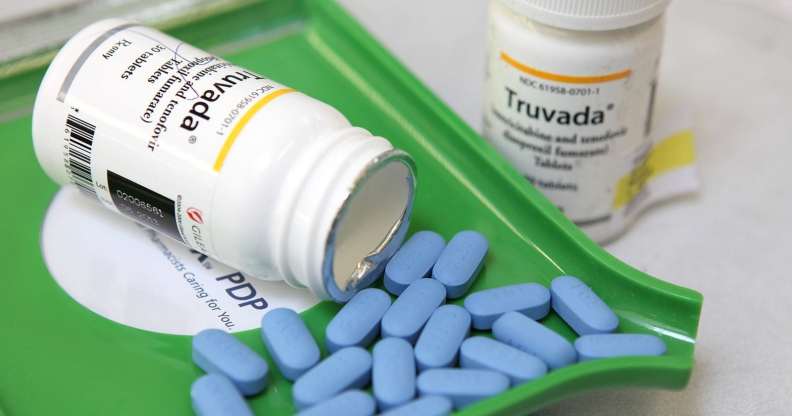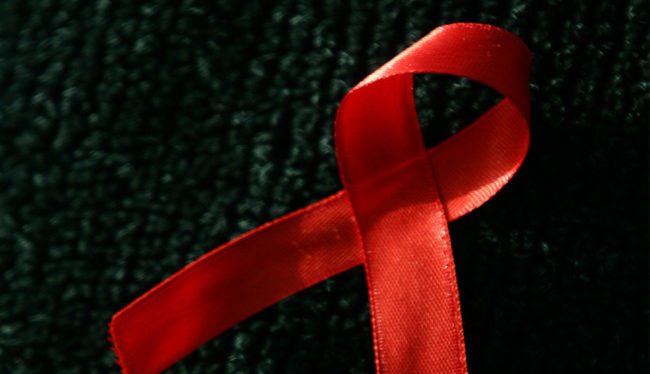Breakthrough study finds HIV treatment prevents transmission of virus between partners

Antiretroviral drugs like Truvada can prevent the spread of HIV (Justin Sullivan/Getty)
A new study has added weight to the overwhelming evidence that daily antiretroviral therapy (ART) stops the transmission of HIV between gay and bisexual men.
The research supports the findings of previous studies worldwide, showing that men on effective treatment for HIV with an undetectable viral load cannot pass it on to other people.
The latest research, called Opposites Attract, was carried out by researchers at the Kirby Institute, part of the University of New South Wales, in Australia.
It involved monitoring 343 couples in Australia, Brazil and Thailand for more than four years, including looking at condomless anal sex, the viral load of HIV-positive partners, and testing HIV-negative men for the virus.

An HIV test. (Creative Commons)
The study found that there were no cases of HIV transmission between the HIV-negative men, who were not on PrEP, and their HIV-positive partners, who were on effective daily treatment with an undetectable viral load.
It noted that there more than 12,000 acts of condomless anal sex in the duration of the study.
Professor Andrew Grulich, head of the Kirby Institute’s HIV Epidemiology and Prevention Program, said: “These results form a significant part of the evidence base for the international community-led Undetectable=Untransmissible, or U=U campaign, which highlights the fact that people living with HIV can now live long and healthy lives, with effectively zero chance of sexually transmitting the virus to others, provided their viral load is undetectable due to effective ART.”

The study provides conclusive evidence that HIV-positive men on effective treatment cannot pass the virus on. (Getty)
The summary for the study reads: “HIV treatment as prevention is effective in men who have sex with men. Increasing HIV testing and linking to immediate treatment is an important strategy in HIV prevention in homosexual men.”
Benjamin Bavinton from the Kirby Institute, who was the study’s project leader, said: “[The study] shows that HIV treatment as prevention works.
“Not only is this information vital to inform HIV prevention in gay, bisexual, and other men who have sex with men, it provides strong evidence to help dismantle some of the stigma still associated with HIV.”
Despite conclusive evidence showing that HIV cannot be passed on if those infected are on effective treatment, recent studies have revealed there is still a stigma around those with HIV – and that many people have misconceptions about it.
Earlier this month, a new study – carried out by YouGov for sexual health charity Terrence Higgins Trust – concluded that more than half (51 percent) of lesbian, gay and bisexual (LGB) respondents do not believe that people living with HIV on effective medication can’t pass it on.
It also showed that three in 10 LGB people swipe left on dating apps to reject HIV-positive people on effective treatment.

